QuestionI actually have 2 questions.
1). My daughter just got a 6 month old Chihuahua "Chloe" who has spent all her life in a kennel with no human touch or human companionship. We've had her for 6 days. She is very nervous and unsure about being touched. she will come up to smell your hand but will back up if you try to touch her. She has however bonded with my daughter so much infact when my daughter leaves her, Chloe cries and howls (even if my husband and I are in the room with her). What can we do to correct this behavior?
2) We have 2 other dogs both 4yrs old, a male yorkie/dauchound (very sweet disposition) & a female shiz-su (still acts like a puppy, but very much in charge), right now we are keeping them seperated from Chloe by baby gates. My daughter is terrified the new dogs will harm Chloe (she weighs about less than 3 pounds) the other dogs weigh 15 & 12. The dogs don't seem to pay Chloe any attention, smell her through the gate but no aggression until Chloe growls. The male just walks away, but the Shiz-Su will growl back. Should we give Chloe time to adjust to her new home and humans before introducing her to our older babies? I invision a home again without baby gates, I read somewhere that Chihuahua's can be aggressive dogs and really don't get along with other dogs. Is there hope for the 3 of them being friends?
AnswerYour Chi is totally unsocialized to humans or other dogs. It's going to take her MONTHS to habituate to a normal human living environment. The only reason she isn't totally feral is due to the fact that a "human" fed her (most likely grudgingly), thereby creating a bond that was most assuredly not built on trust. Her primary bond is now your daughter and she is demonstrating normal anxiety when your daughter leaves. There is no "CORRECTION" for this behavior. YOU adopted this dog, knowing fully that she was neglected (and possibly abused) in her former environment. YOUR JOB is to rehabilitate her. To do this, you need to learn about dog behavior, how dogs learn, and how dogs communicate (using body language). Here are some resources:
"If Your Dog Could Talk", author Bruce Fogel
"On Talking Terms with Dogs.." author Turid Rugaas
"Think Dog", author John Fisher
Turid's book will instruct you on how to understand your dog's thoughts and responses by reading her body language and will also teach you how to communicate in return by giving signals of non-threat. Bruce Fogel's book will teach you about the emotional lives of dogs (the dog culture), and John Fisher's book will teach you how to live appropriately with all your dogs.
In terms of whether or not all your dogs are ready to meet and greet without baby gates: YOU chose to bring this emotionally disabled dog into your home and you cannot expect her, or your other dogs, to habituate to one another overnight. IF YOU DON'T WANT BABY GATES IN YOUR HOME, DON'T HAVE A BABY (and that includes a puppy.) Chloe, by growling at the other dogs, is demonstrating her FEAR and total lack of cognitive ability to interact with them. Whether or not she will ever be able to do so is UP TO YOU. It may take many weeks.
You clearly need some professional intervention unless you are willing to do a great deal of "homework" to deal with this situation. Your resident older dogs are confused by Chloe's apparent inability to communicate with them and her fear of them may precipitate a problem between her and your older female. This does not have to happen but I don't know that you can obtain sufficient information to facilitate a positive relationship among them. I certainly can't instruct you in this venue. I suggest you locate a certified applied animal behaviorist, someone with the education and experience to evaluate the situation and work with you, on an ongoing basis, to help this poor puppy and assimilate her into your household. DO NOT hire a dog trainer; anyone can call themselves a dog trainer and some of these people may even do some harm in this situation. Contact the veterinary college in your geographical area for referral to a professional or try this site, which has purportedly checked the educational and professional credentials of its members:
http://www.iaabc.org/
If you would like a second opinion regarding any suggestions/training made by this professional, please repost.

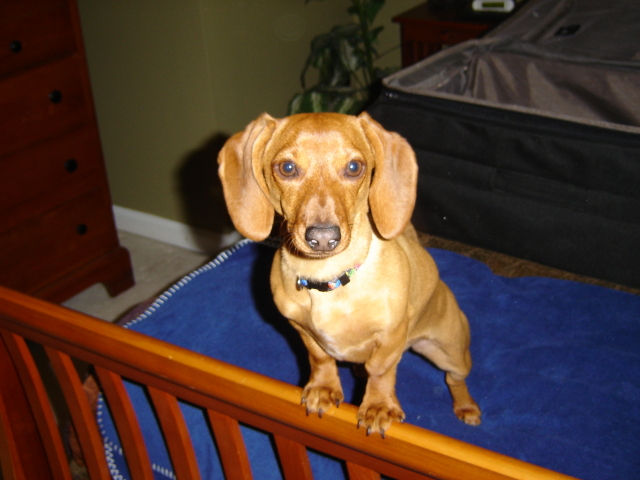 Mini Daschund with anxiety issues
QuestionAbigayle
QUESTION: I have a 3 1/2 yr old
Mini Daschund with anxiety issues
QuestionAbigayle
QUESTION: I have a 3 1/2 yr old
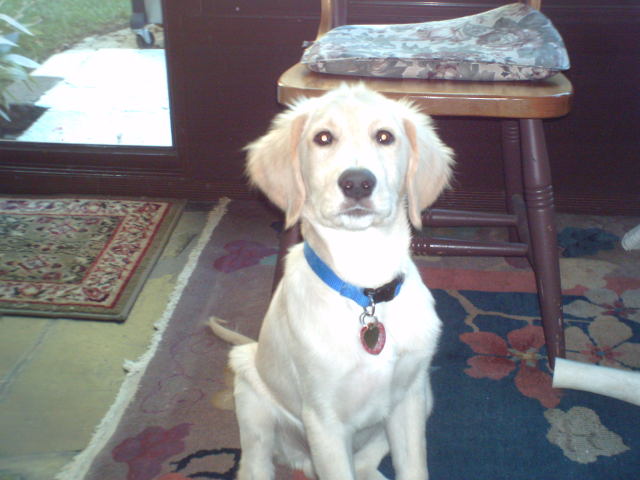 my 7 month old golden changed for the worse
QuestionRiley at 6 months
QUESTION: I got a gold
my 7 month old golden changed for the worse
QuestionRiley at 6 months
QUESTION: I got a gold
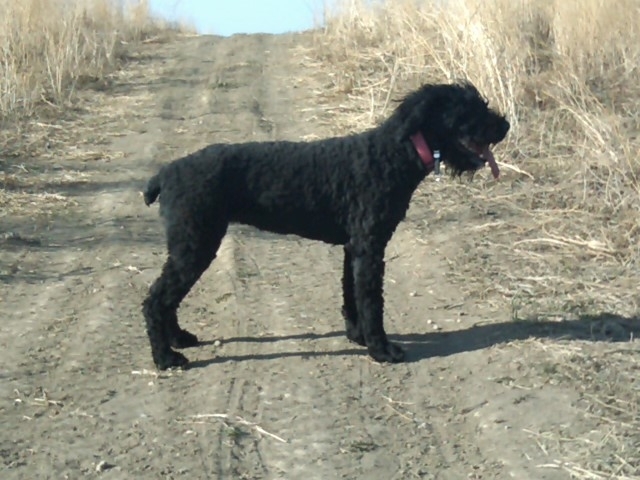 I was riding my bicycle when my 1yr old Bouvier bit my leg
Question
Pup
Hello, I have a 1yr old intact Bouvier bit
I was riding my bicycle when my 1yr old Bouvier bit my leg
Question
Pup
Hello, I have a 1yr old intact Bouvier bit
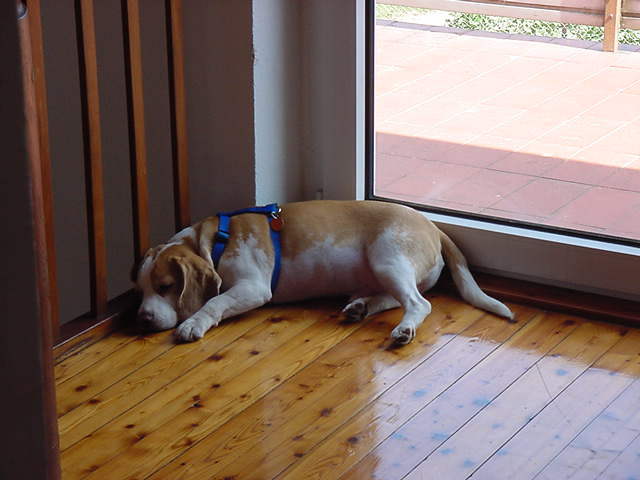 licking the floor not stop
QuestionGeorgie
QUESTION: Hi,
I have a 7 year ol
licking the floor not stop
QuestionGeorgie
QUESTION: Hi,
I have a 7 year ol
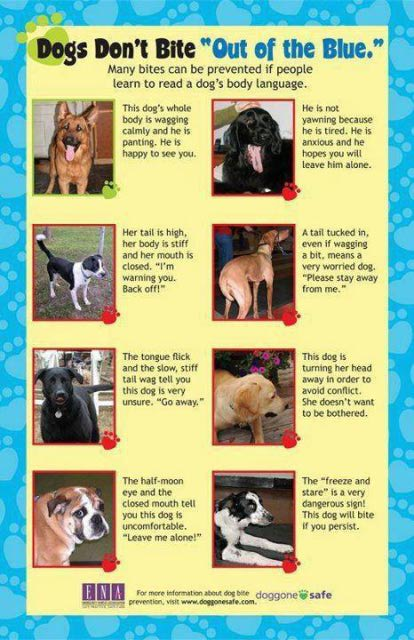 Is this aggression, dominance, or play?
QuestionQUESTION: I have a question regarding doggy beh
Is this aggression, dominance, or play?
QuestionQUESTION: I have a question regarding doggy beh